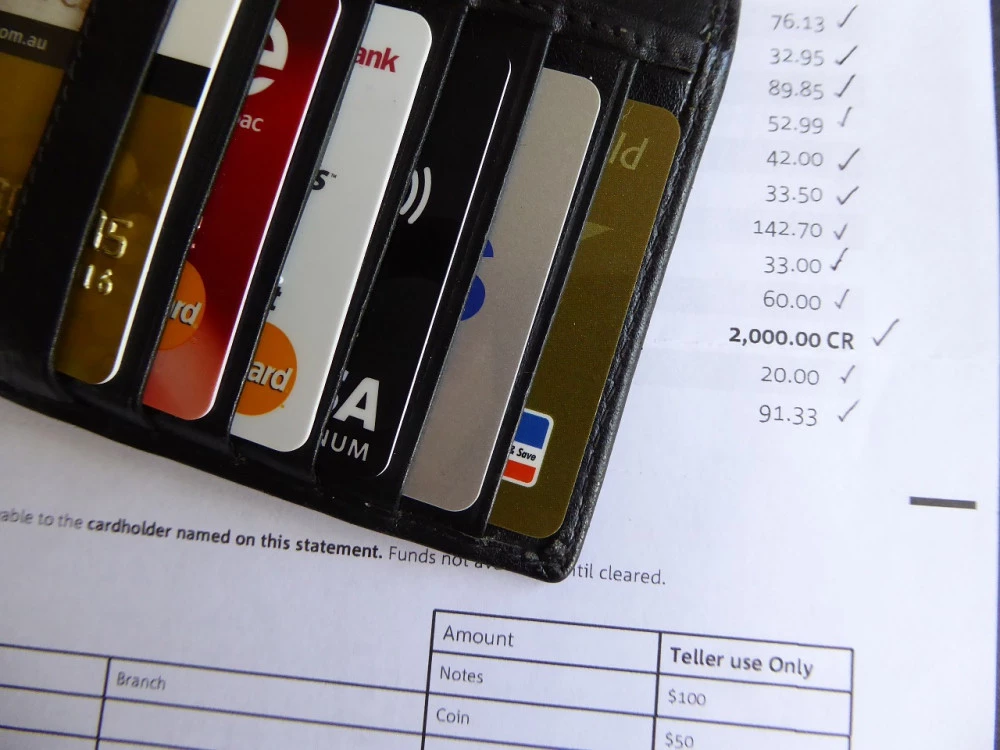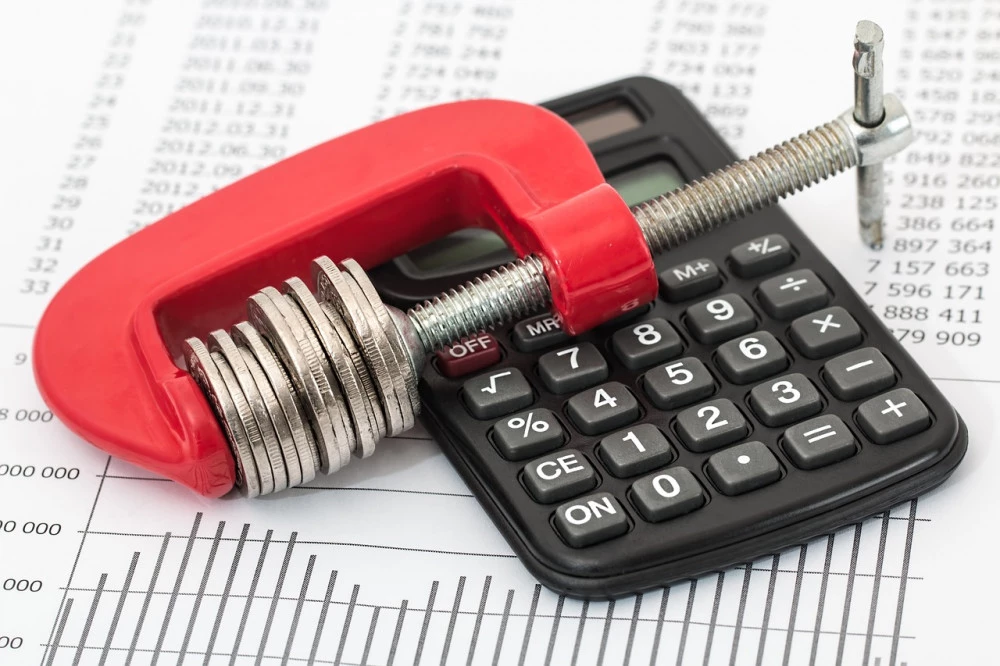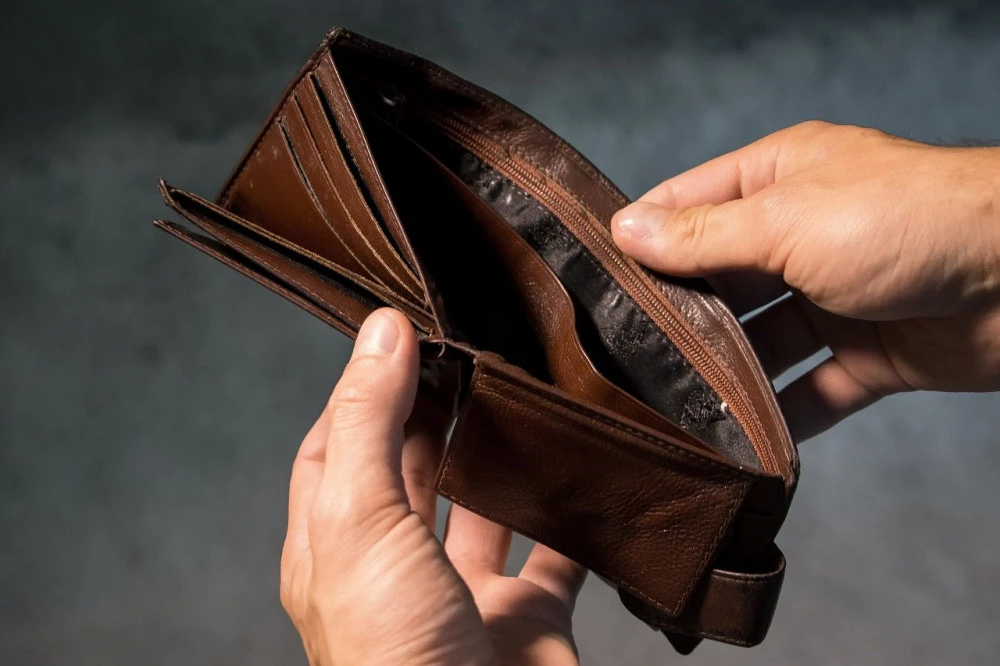8 Signs You Have Too Much Debt
Let's face it — debt is a necessary part of modern life in many ways. Without it, we wouldn't be able to start or expand our businesses or buy things like homes and cars. But debt can also become an unhealthy habit that does more harm than good, especially if you let it spiral out of control. If you think you may have taken on too much debt and want to put an end to it, here are eight signs that might indicate you have too much debt and need to do something about it.
1. Spending 20% of your monthly income on debt payments
If you're spending 20% or more of your monthly income on debt payments, it's time to take a closer look at your finances. Using 20% of your monthly income is a good rule of thumb for how much you should be paying on credit card bills and other forms of debt each month. However, some people are in a better financial position than others, so it's up to you to decide what level is comfortable for you.
2. Paying only the minimum payment on credit cards
If you're only paying interest on your credit card debt, it might be time to get a handle on those finances. While paying your minimum payment each month is what you need to do if you want to avoid penalties and interest charges, knowing whether or not you're making progress can be tricky. Some people are so focused on avoiding interest charges that they don't think about how much longer it will take them to pay off their balance. If you have $5,000 in credit card debt at 20 percent APR with a minimum monthly payment of $100 per month, for example, you'll pay $3,917 in interest over four years before finally getting rid of that balance.

3. Always looking for ways to earn more money
Focusing on finances too much can be harmful to your health. In fact, multiple studies have linked financial stress with adverse psychological and physical effects, such as depression, insomnia and heart disease. Money is important for happiness—but try not to focus on it all of the time. If you're constantly trying to earn more money, take a step back and figure out what you really need versus what you want.
4. Living paycheck to paycheck
Living paycheck to paycheck may seem harmless, but it's a dangerous way to manage your finances. Your income is typically fixed, so every time you use credit—whether that's paying for an item in full or using a credit card to finance something you can't quite afford—you get into debt. By living paycheck to paycheck, you usually have no money in reserve and have no way of covering an emergency expense should one arise. This debt can snowball into major financial problems if left unchecked.

5. Worried about making ends meet at month-end
Struggling to keep up with your bills every month is probably not an indication that you have too much debt, but it may be a sign that you're spending beyond your means. If you feel like your debt situation is out of control, try talking to a financial planner or getting some free debt counseling at sites like American Consumer Credit Counseling or National Foundation for Credit Counseling.
6. Unable to cover three months of expenses with your savings
A general rule of thumb is that you should be able to cover three months of expenses with your savings. If you can't meet that, then you have too much debt and it might be time to make some changes. With outstanding loans, there are plenty of things you could change to save money. For example, consider refinancing your mortgage or consolidating debts into a personal loan so you only have one payment per month. While these options may not always be available, they're worth looking into if you want to get out of debt faster.

7. Buying things you can't afford
If you find yourself struggling to make payments, it might be time to take a hard look at your finances. This is especially true if you're putting things on credit that you can't afford, such as items you don't really need or want. Think twice before signing up for a loan or credit card—and once it's in your wallet, think again before using it.
8. Not having any funds set aside for emergencies
It's incredibly important to have an emergency fund set aside for just such occasions. An emergency fund can help you avoid relying on high-interest debt, like credit cards, as well as stop you from having to pull funds from your retirement account or take out a risky loan. If you don't have any savings set aside, it might be time to start one—which is easier than you think and often costs less than paying off high-interest debt!

Maybe you have a general feeling that your debt is out of control, but you're not sure what (or how much) to cut. If so, there are several easy ways to figure out if you have too much debt. Check your credit report and see how much total debt—mortgage loans, car loans, credit cards—you have outstanding on various accounts.
Another simple way to check your debt-to-income ratio is by dividing your monthly income by your monthly expenses; ideally, you should be spending no more than 30 percent of your income on non-mortgage related debt. The higher it gets, however, the more likely it becomes that you won't be able to pay off all those bills in full each month without help from a personal loan or other type of credit.


